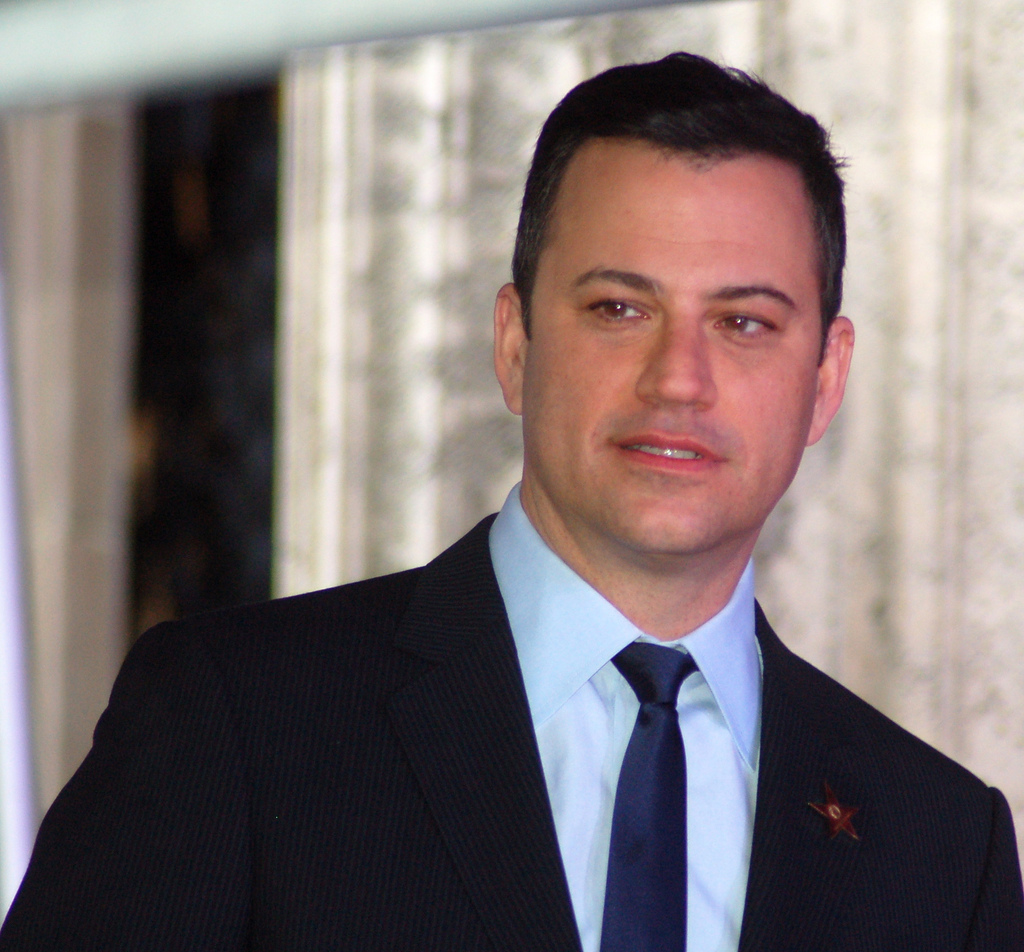Political discourse is an open-access activity. Anyone can have a say. Among those whose opinions and allegations receive the most notice are celebrities — especially entertainers, actors, TV news figure and pundits, athletes, and people who are famous only for being famous — and politicians. The prominent attention that these persons’ statements garner is unfortunate, to say the least.
As a rule, the celebrities know scarcely anything about the world beyond their immediate involvements. Their pronouncements about economics, science, the environment, climate change, war and peace, and other great issues are worthless, or worse. They simply don’t know what they are talking about, and they almost never understand the difference between positive and normative statements.
Politicians also make a practice of huffing and puffing about all sorts of matters of which they know nothing. These smarmy opportunists as a rule know only how to gain election or appointment to public office by promising to use the government’s power to reward criminal elements (aka special interests) and the wheeler-dealers whose money helps them to win elections. Rarely do they have a real occupation other than the law, which many have not practiced in many years, if ever. They are generally only bloated egos serving as self-important bag men for those with money and clout who lurk in the background.
In sum, when celebrities and politicians express themselves on public issues, one is well advised to ignore their declarations and to recommend that others do so as well. If we want our car repaired, we had best listen to what an honest and experienced auto mechanic has to say. If we want society repaired, we had best seek to remove matters from the realm of politics and listen to those who seek to remedy current ills through peaceful, voluntary means, where those with superior knowledge and understanding can come to the fore by demonstrating success in their endeavors in a context where anyone may make an attempt, rather than by seeking political measures to suppress competitors in the process by the use of government coercion.



